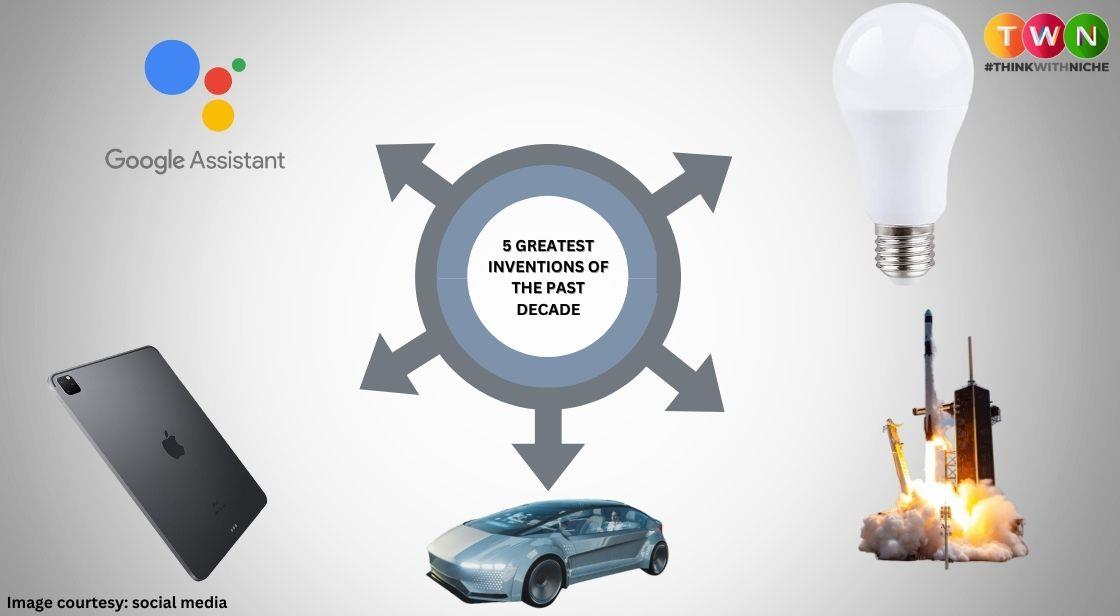The Gig Economy: Exploring the Impact of Freelancing and Flexible Work Arrangements
Unveiling the Gig Economy: Freelancing in Today's Economy
Introduction to the Gig Economy
The gig economy refers to a labor market characterized by short-term contracts, freelance work, and independent contractors rather than traditional full-time employment.
In this digital age, technology platforms facilitate connections between individuals offering services (gig workers) and those seeking them (clients or customers). The gig economy has rapidly expanded in recent years, fueled by advances in technology, changing work preferences, and economic shifts.
The Gig Economy, also known as the freelance economy or the sharing economy, refers to a work environment where short-term contracts and independent work arrangements are increasingly common.
Here's a breakdown of the key points:
Focus on Projects vs. Permanent Jobs: People don't hold traditional full-time jobs with a single employer. Instead, they work on specific projects or tasks for different companies or clients.
Independent Workers: Individuals in the gig economy are typically considered independent contractors or freelancers. This means they are responsible for finding their own work, managing their schedules, and paying their own taxes.
Digital Platforms: Many gig economy jobs are facilitated by online platforms that connect workers with clients. These platforms can be for a variety of services, including:
Transportation (e.g., Uber, Lyft)
Delivery (e.g., DoorDash, Swiggy, Zomato)
Microtasks (e.g., Amazon Mechanical Turk)
Professional services (e.g., Upwork, Fiverr)
Content creation (e.g., Freelancer.com)



